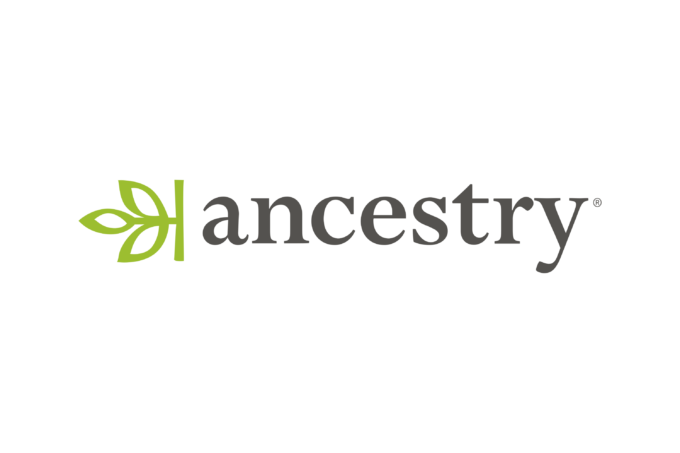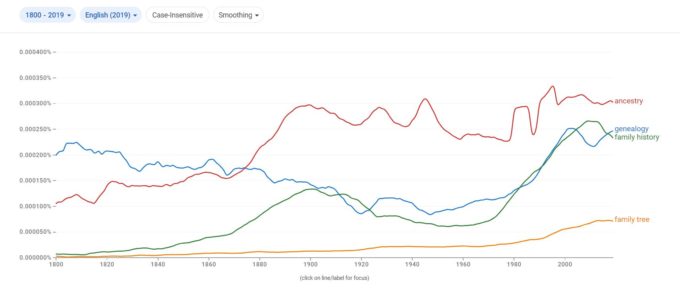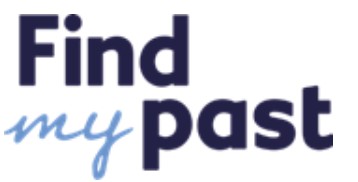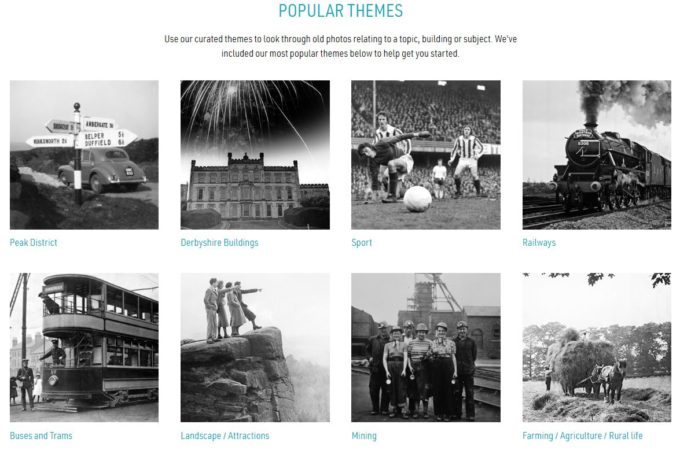None of Canada’s genealogical or family history organizations appeared as witnesses, despite chronic dissatisfaction with the Access to Information system, especially timeliness, at recent Commons Standing Committee on Access to Information, Privacy and Ethics hearings.
Just before Parliament went into a premature Summer Recess the Committee presented a report “The State of Canada’s Access to Information System” with 38 recommendations.
It’s unsurprising that the word genealog* does not appear in the report.
The word histor* appear 72 times including in three recommendations:
Recommendation 5
That the government of Canada work with Indigenous peoples to develop a mechanism of independent oversight that ensures their full and timely access to records held by federal government institutions for purposes of substantiating historical claims.
Recommendation 10
That the Government of Canada improve the declassification system to provide greater access to Canada’s history.
Recommendation 11
That the Government of Canada implement a process for the automatic release of historical documents that are more than 25 years old.
There is a section, starting on page 32, on Access to Historical Documents. Most relates to WW2 and subsequent times for issues like the Holocaust, Indigenous rights, and policy documents, the type of materials routinely made available in many other jurisdictions internationally.
The following section of the report is notable.
Kristina Lillico, Director General of ATIP with LAC, confirmed that more than 45 million pages of documents have been made available in recent years through a risk-based approach (block review). While this number may sound impressive, she believes there are billions more waiting to be discovered that should not be subject to an access request.
Regarding the potential of digital, Mr. Lapointe expressed hope that advances in machine learning will make it possible to scan and read certain historical documents.
However, some witnesses raised the difficulties and costs of digitizing historical documents. For example, Ms. Lillico said that there are still a lot of historical documents to digitize, and digitization has a cost. Proper storage is needed to manage, hold, and migrate these items. Mr. Rubin said that digital stuff “which will make access to information harder and will make personal information and the consent of individual Canadians to give it harder.”
Michael Wernick, Jarislowsky Chair in Public Sector Management at the University of Ottawa and former clerk of the Privy Council, also noted the high cost of digitizing documents.
In a section, Library and Archives Canada, starting on page 48, Ms. Lillico explained the unique challenges of accessing LAC’s historical records. She illustrated what a single access request at LAC can look like.
She did not address the delays in providing WW2 service files where there is no issue in finding the material, no large volume of material, and the only barrier is whether the person has been deceased for 20 years which applicants are required to prove.






 Updated from when first available on Ancestry in September last year—then there were 91,069 records, now 120,773.
Updated from when first available on Ancestry in September last year—then there were 91,069 records, now 120,773. “Family Tree” gains in popularity throughout the period although lagging the others.
“Family Tree” gains in popularity throughout the period although lagging the others. Ireland, Genealogical Office Manuscripts, Marriages
Ireland, Genealogical Office Manuscripts, Marriages